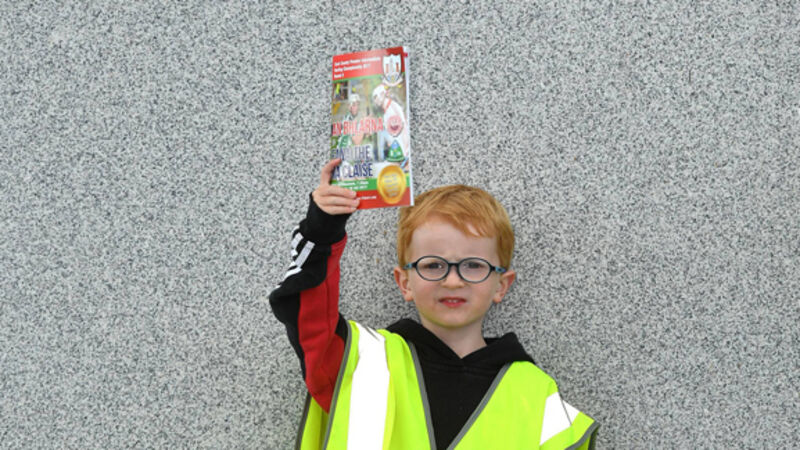Have mercy on the programme sellers

Some of it was simply unfortunate. Injuries, especially in a denser schedule than usual, often crop up between the time managers submit the teams for the match programme midweek and throw-in.
There’s also the well-established fact that managers aren’t in a position to provide their team at that stage when they haven’t even chosen it or informed their players, so what is transmitted to the printers might be guesswork.












